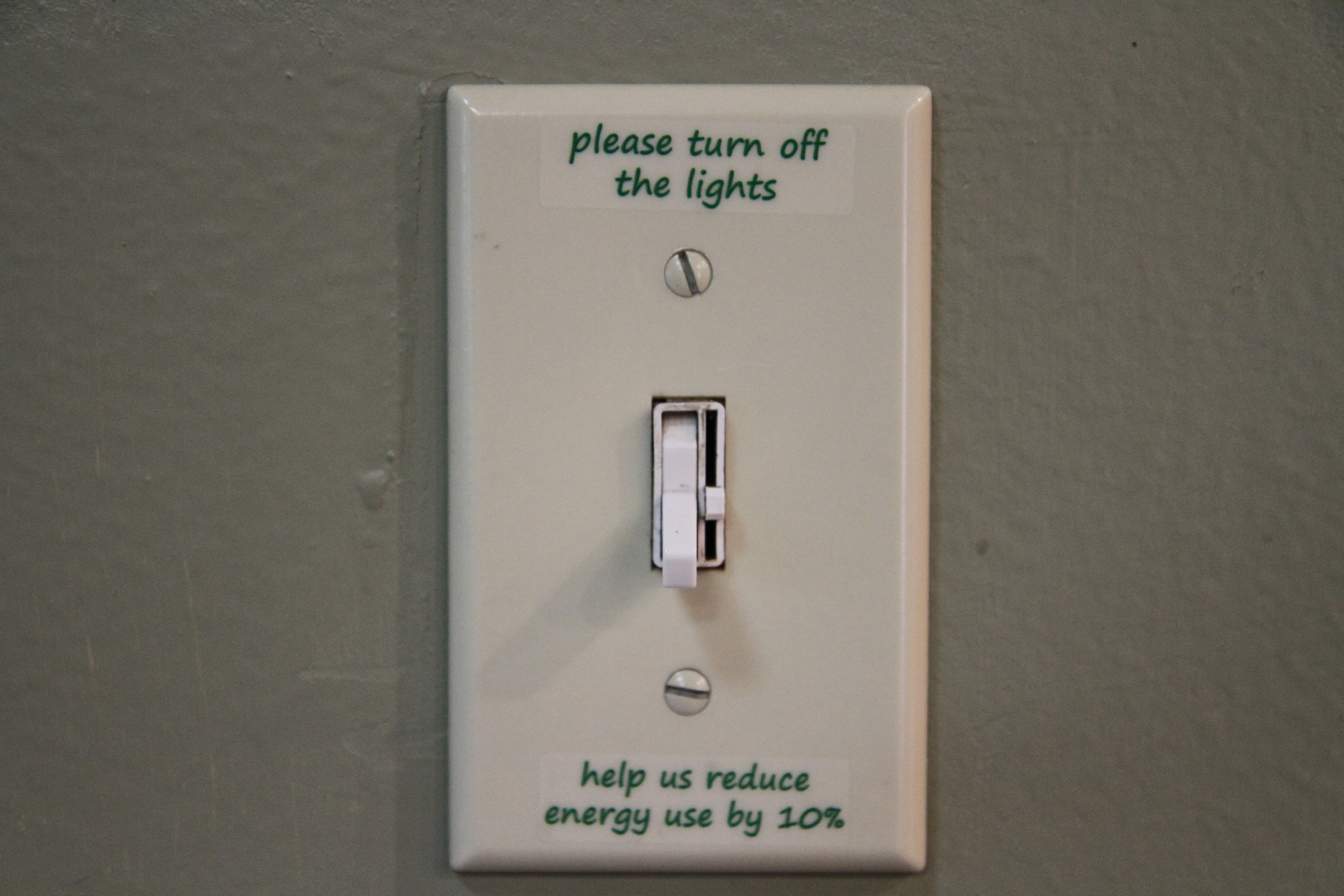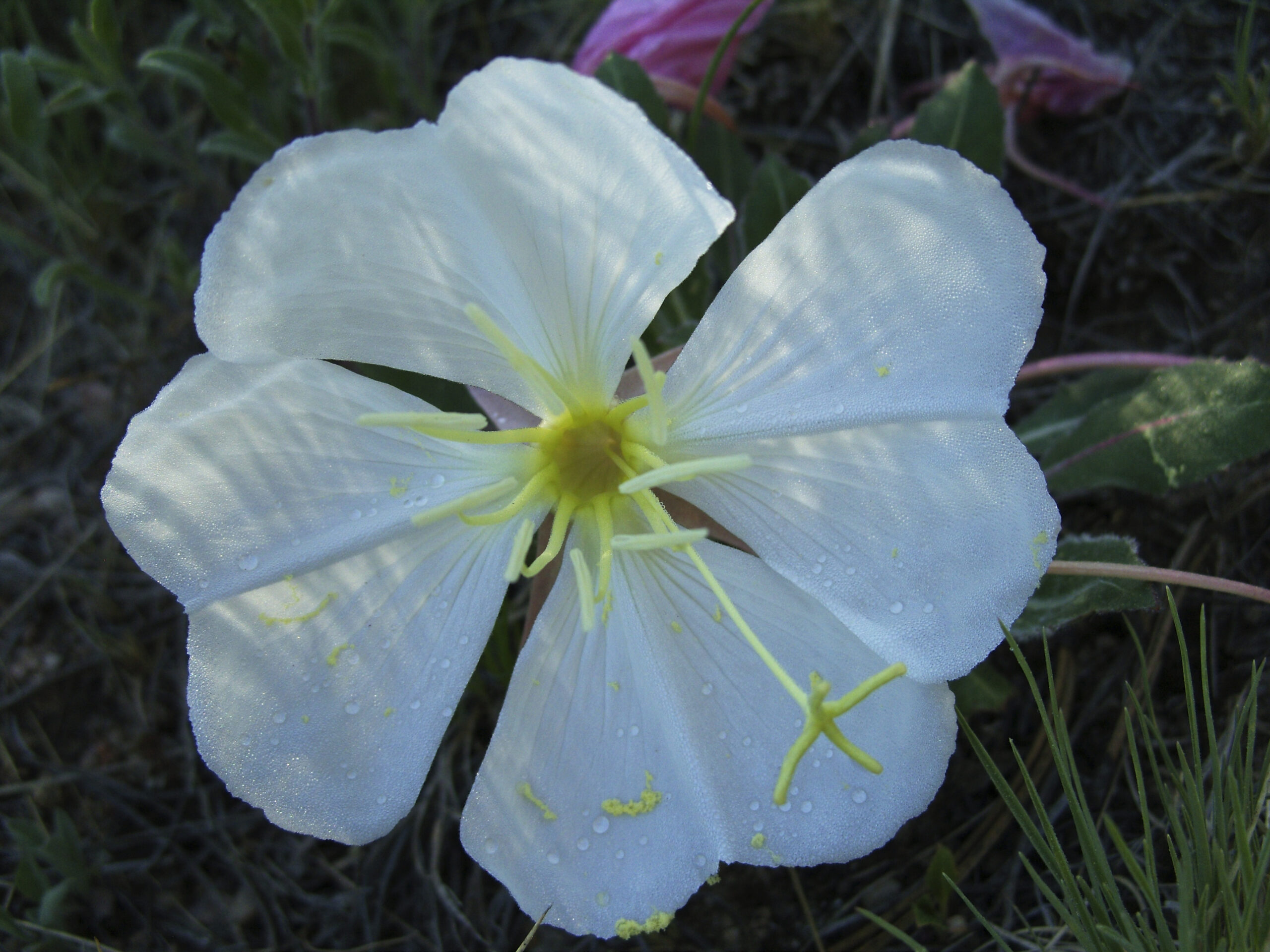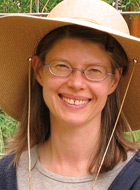An Enlightened Society is a Sustainable Society
By Miriam Thomas
“Ecology and economy are not two different things.”
This is what Jim Tolstrup (Director of the High Plains Environmental Center and former SMC Land Steward) told us in a recent discussion with Shambhala Mountain Center Staff. As I reflected on Jim’s words, I realized that ecology and economy indeed evoke the same truth: everything exists in relation to everything else. The dictionary defines ecology as “the relationship between living things and their environment” and economy as “a system of interaction and exchange”. Both terms, however, simply describe the dynamic exchanges that constitute our interconnected existence.
As Buddhists, we like to talk about mandalas. Essentially an organizational chart, a mandala provides another way of framing our relationship to our environment. The center of a mandala represents our chief motivating principle while the layers that radiate outwards illustrate how this principle is reflected in every facet of our lives and in our every relationship. We can look to our mandala to see how our attitudes and our interactions are impacting our ecology and economy.
But the thing is: we are always relating to the world, always part of a mandala. And, if we aren’t mindful, we might find that the values ruling our mandala are not quite the values we intended to cultivate. As our community pauses to reflect on the state of our mandala, we can see clearly that sometimes our actions and our values are incongruent. Rather than criticize our community, we can regard this as a rich opportunity to examine our mandala with fresh eyes and an inquisitive mind.
So, let us refresh our perspective. Let us reclaim as our guiding principle the wisdom of interbeing, the wellspring of compassion. Through this lens, we see that our daily habits have become untenable and that our mandala requires some recalibration if we want our community to reflect our view and to be sustainable. As we reorganize to operate from the basis of interbeing and compassion, we will naturally make specific adjustments that change the nature of our mandala—and thereby change the ecology and economy that we are perpetuating. Such a shift takes time, but our community is already changing its behavior.
What are we doing to become more sustainable?
First of all, we are committed to reducing our energy consumption by 10 percent within the next year. To this end, our Director of Expansion, Dickie Swaback, has created the Energy Project to document, track and reduce our energy expenditures. Most importantly, he is inspiring the entire community to get on board.
Step one is data collection—measuring how much electricity and propane we are using. Throughout the summer, intern Stacy Smith has been meticulously compiling information on the energy efficiency of every single one of our buildings. Step two is data analysis and strategic planning—devising an efficient, cost effective plan for reducing our energy consumption.
We do not, however, need to wait for a comprehensive plan to begin changing our culture. Indeed, we are already actively cultivating an environmentally-conscious ethos here at SMC. To encourage greater mindfulness in our daily habits, our staff is sharing energy-saving tips via email and word of mouth and has placed stickers beneath all light switches on the land, reminding ourselves and our guests to turn the lights off when we leave a room. Furthermore, we are standardizing our light fixtures so that we can order energy efficient bulbs in bulk. As the weather turns cold, we are also winterizing our homes and our facilities to ensure we are heating our spaces efficiently.
Meanwhile, a grassroots initiative to reevaluate our food system is emerging. Community members have formed a committee to research, plan and build a greenhouse and develop a composting system. Our kitchen is also consulting with a sangha member who is an expert in food waste reduction. By streamlining our food system, reducing our waste and becoming more self-sufficient, we will become more financially and ecologically sustainable. Moreover, we will feel greater gratitude and connection to our food and its origins—and to the universal mandala in which we take part.
An enlightened society is one that is grounded in the experience of interbeing.
Everything always boils down to relationships—our relationships with ourselves, with others and with our environment. Call it ecology or call it economy but either way we still exist as part of a synergistic network. We achieve sustainability when we nourish our relationships and are mindful of our interdependence and our impact on the network as a whole.
This cultural shift is also about empowerment. We need to take responsibility for our environmental impact and our financial challenges, and recognize that the two are in fact intricately intertwined. Acharya Fleet Maull has said, “Anytime you attribute the cause of your happiness or unhappiness, satisfaction or dissatisfaction to something outside yourself, you give away your power.” Either we can point our fingers and blame others for the calamities we see in the world, or we can, as the Lojong slogan goes, drive all blames into one. We can recognize that we ourselves are participating in the creation of culture and feel heartened that every moment and every interaction offers us the opportunity to change that culture.
So, let us celebrate our agency and lean into these challenges joyfully and with kindness, generosity and bravery.
~~~






